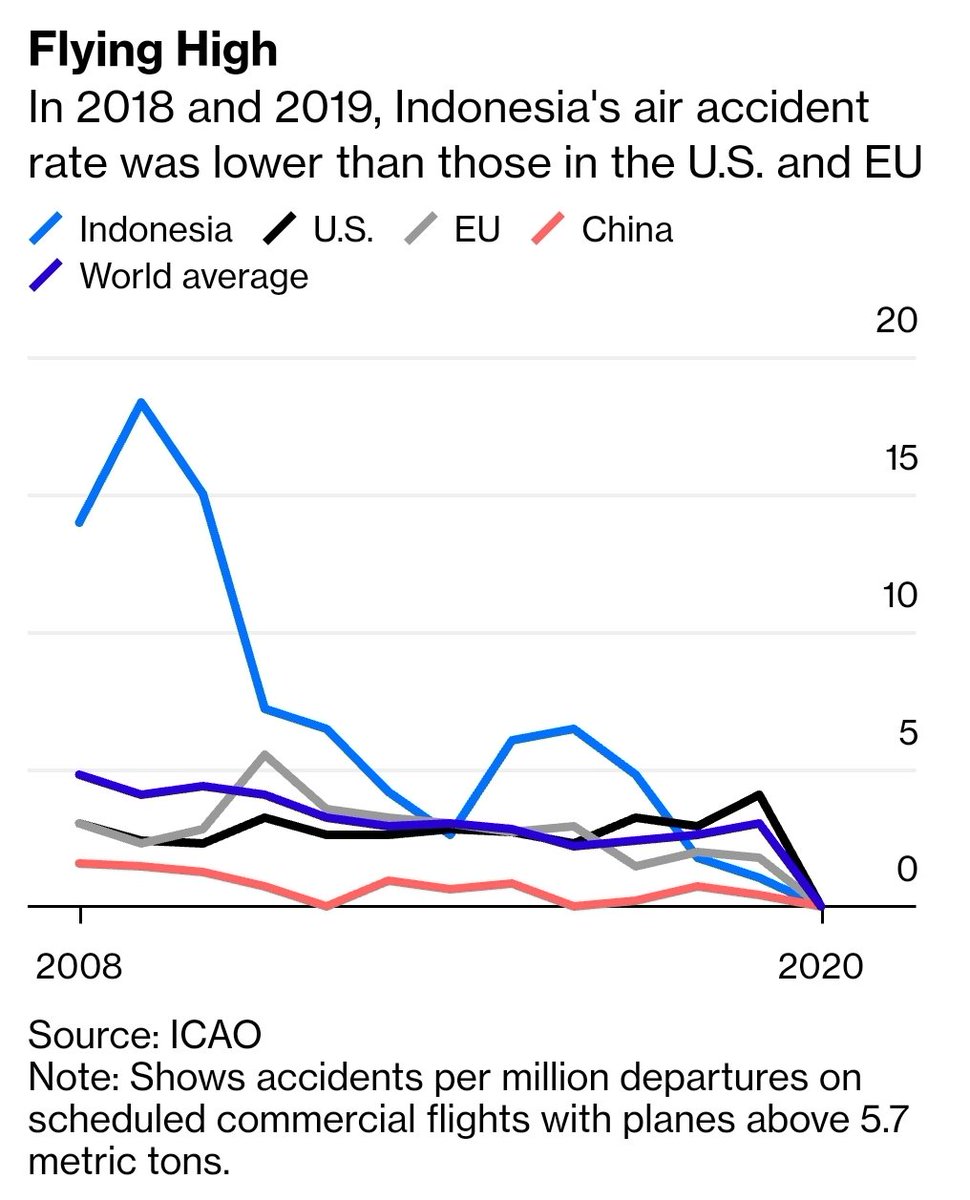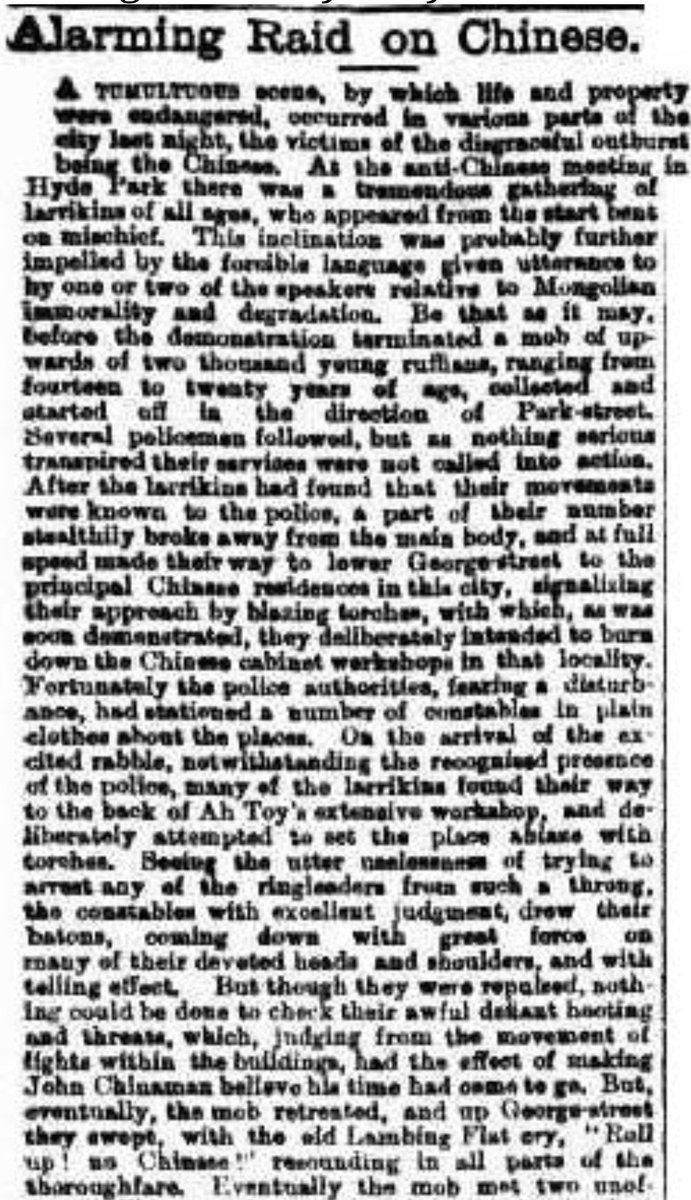
Was listening to @WesleyLivesay podcast on the rise of Mussolini while I did some housework.
One really telling thing is how important *impunity* was to the fascists' Proud Boys, the squadristi.
One really telling thing is how important *impunity* was to the fascists' Proud Boys, the squadristi.
They weren't *that* numerous, but the reluctance of courts and police to punish their violence — even as they aggressively punished defensive counterviolence by socialists and anti-fascists — made it much more powerful.
Mussolini didn't seize power. He was handed power by a King who thought giving the fascists what they wanted when they marched on the capital was a better option than calling a state of siege and letting the influence of the left rise any further.
Generally I think people think too much about Germany 1933 and too little about Italy 1922, Thailand 2014, France 1799.
• • •
Missing some Tweet in this thread? You can try to
force a refresh









